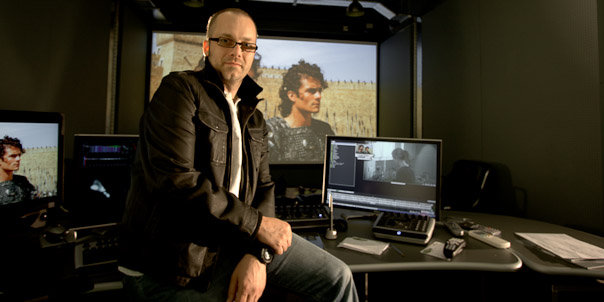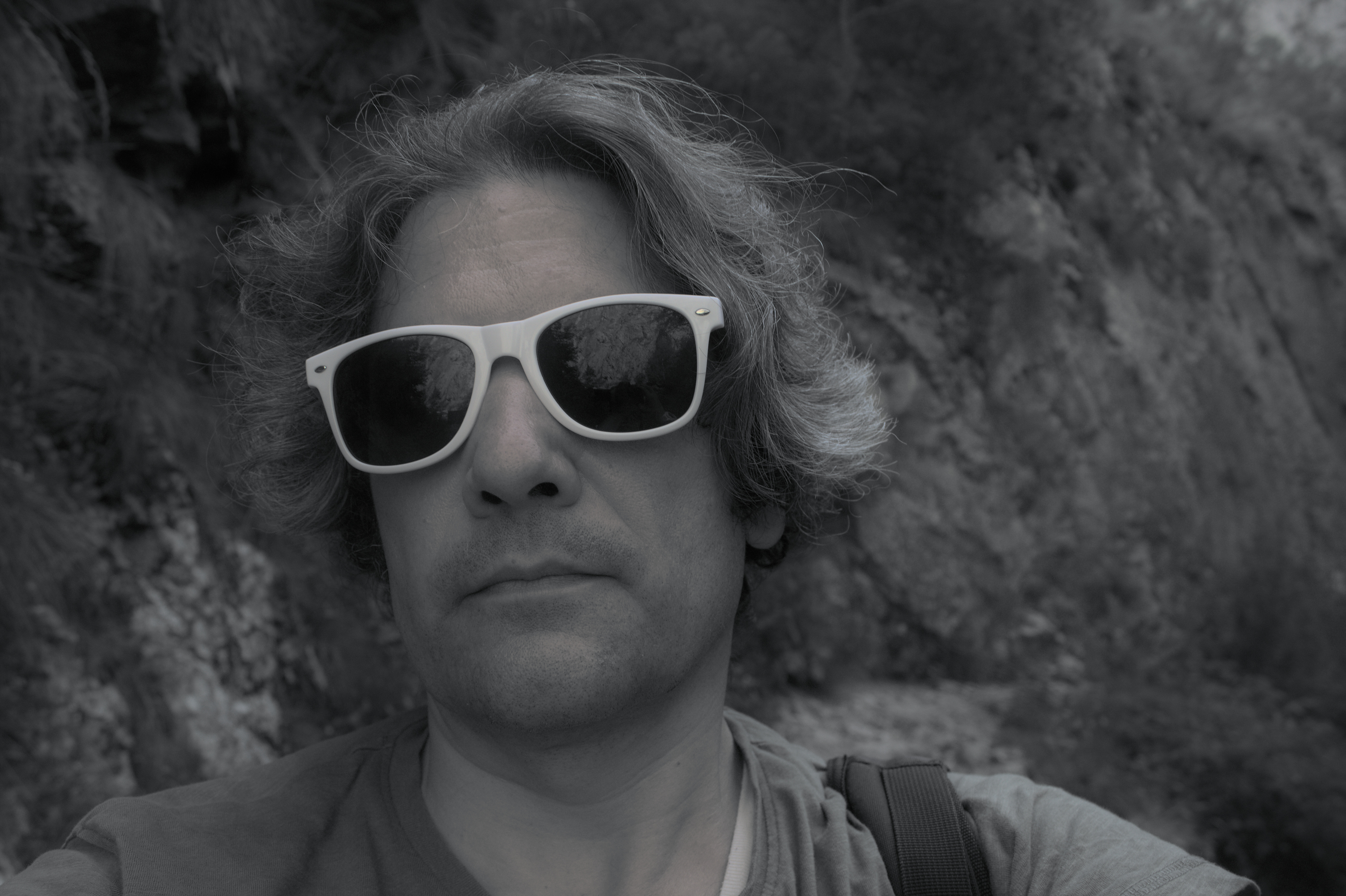ASK & DISCUSS
INDEXWriting a historical DRAMA
10 years, 2 months ago - Lewis Forrest
Hi all. I'm planning to write a historical drama based on real events, using the real names of the people involved, but I will need to be creative around structure, dialogue and character. As these events took place 100 years ago, are there any ethical or legal issues for me to consider when being creative? Do I need to seek permissions to protect my position, state at the beginning and end of the film explicitly that, whilst based on historical events, I have used dramatic licence to alter the sequence of events and interpret character? Or can I simply create my own interpretation without worrying about stepping on toes? I would welcome feedback from those who have successfully manoeuvred these issues.
Only members can post or respond to topics. LOGIN
Not a member of SP? JOIN or FIND OUT MORE
10 years, 2 months ago - Stephen Potts
You need to distinguish between the events, the people involved in them, and the sources you use for information. "About 100 years ago" covers a range of very well-known and much portrayed events (eg WW1, Russian Revolution, Spanish flu pandemic). There are others, less widely known, and still highly controversial today (Armenian genocide - careful!). If the events are very well known there will be a lot of material in the public domain and you don't need to stress about sources.
You want to keep the names of real people, but change what they say and do. It's not clear why, though I'm guessing this is because the names are well-known and will trigger audience interest. But if your changes offend descendants and irritate historians you may lose more than you gain.
Dan is right about sources. If your story concerns little-known events, or a little-known aspect of a well-known event, you must have used a source: probably a book. If that book is recently published, and draws together material you would not otherwise have encountered, you need to consider seriously taking out an option on the book as source material.
If you could give a few more details we might be able to advise further.
Stephen Potts
www.stephenpotts.net
10 years, 2 months ago - Dan Selakovich
I would also be worried if you are using only one or two sources for the historical event. For example, using a biography somebody wrote 5 years ago. That would be a serious issue. If you sold this screenplay and didn't get permission, it would never pass the error and omission test, and be uninsurable.
10 years, 2 months ago - Lee 'Wozy' Warren
My initial thought when reading this was - are you primarily following the actual people or the events?
In the past I have always taken legal advice prior to any writing work. I don't think that the events would pose a particular issue (?), but the people may. For me, I would rather pay a few hundred dollars now to find out any pitfalls/hurdles before I start writing than after spending several months/years working on it only to find it's unproduceable. I know you said it took place 100 years ago, and the people are now long gone, but the descendants may have issue over this etc... Better safe than sorry!
If you present a script like this to a producer, they will want to know up front that any rights (that may or may not be) attached to the events/people involved are clear to use.
My 2c worth.
Wozy
10 years, 2 months ago - Ed Griffiths
Hi Lewis,
Ultimately it comes down to the power of the dramatic situation whose story you want to tell. Generally speaking, if the idea is inherently dramatic then strict adherence to the known facts is advisable. However you might need to condense situations and combine characters to streamline the story depending on how controversial and complicated it is.
If there are disputed elements to either the story or characters involved, especially if a great historical issue is part of the story, then descendents might need to be consulted although you're not obligated to. Historical events at that length in time are entirely in the public domain.
Most of all you need a focus for the action. Why should we care today? How interesting and significant (or seemingly insignificant) are the characters? What did those events lead to; or what were the stakes and how might things have turned out differently?
Historical drama is tricky. You both need to bring the past alive in an atmospheric sense and also relate the story just contemporaneously enough for the audience to care.
An interesting example of this is Peter Greenaway's THE DRAUGHTSMAN'S CONTRACT, set in seventeenth century rural England. It's a tale of sexual exploitation, class conflict and murder at a country house full of scheming minor nobles and landowners. Very powerful evocation of a distant age.
Failing everything else; get Bill and Ted!
10 years, 2 months ago - Marlom Tander
You can't defame the dead. You CAN defame their living relatives, in theory, but it's a very high bar that no one has yet surmounted.
http://blogs.lexisnexis.co.uk/wipit/can-you-defame-the-dead/
10 years, 2 months ago - Vasco de Sousa
As far as legal issues, well, there are countries where you need to respect victims of mass killings (France, Belgium). And there are countries where you can't "defame" the past regime (Turkey).
So, if you're writing about the Armenian genocide, or certain events in Russian history, you'll have a limited market.
In the English speaking world, you'll not come into many legal issues.
Ethics comes into play. If you make one side look evil, you could incite hate speech. Watch and research "Birth of a Nation" or any other DW Griffith film, as well as some communist propaganda to see the debate on ethical views of history. (I assume that you don't need to see fascist propaganda to know the ethical debate there.)
Just do your research, your audience will appreciate it. The less you defame people, the better it is researched, the more chance you'll get teachers taking their kids to see it in a school trip, and enthusiastic historians recommending it.





